
Menopause
An educational
initiative
supported by

Written by experienced doctors, midwives and other medical professionals – and approved by a specialist Editorial Board
Enhancing the Welfare of Women
Expert Health Information for Women







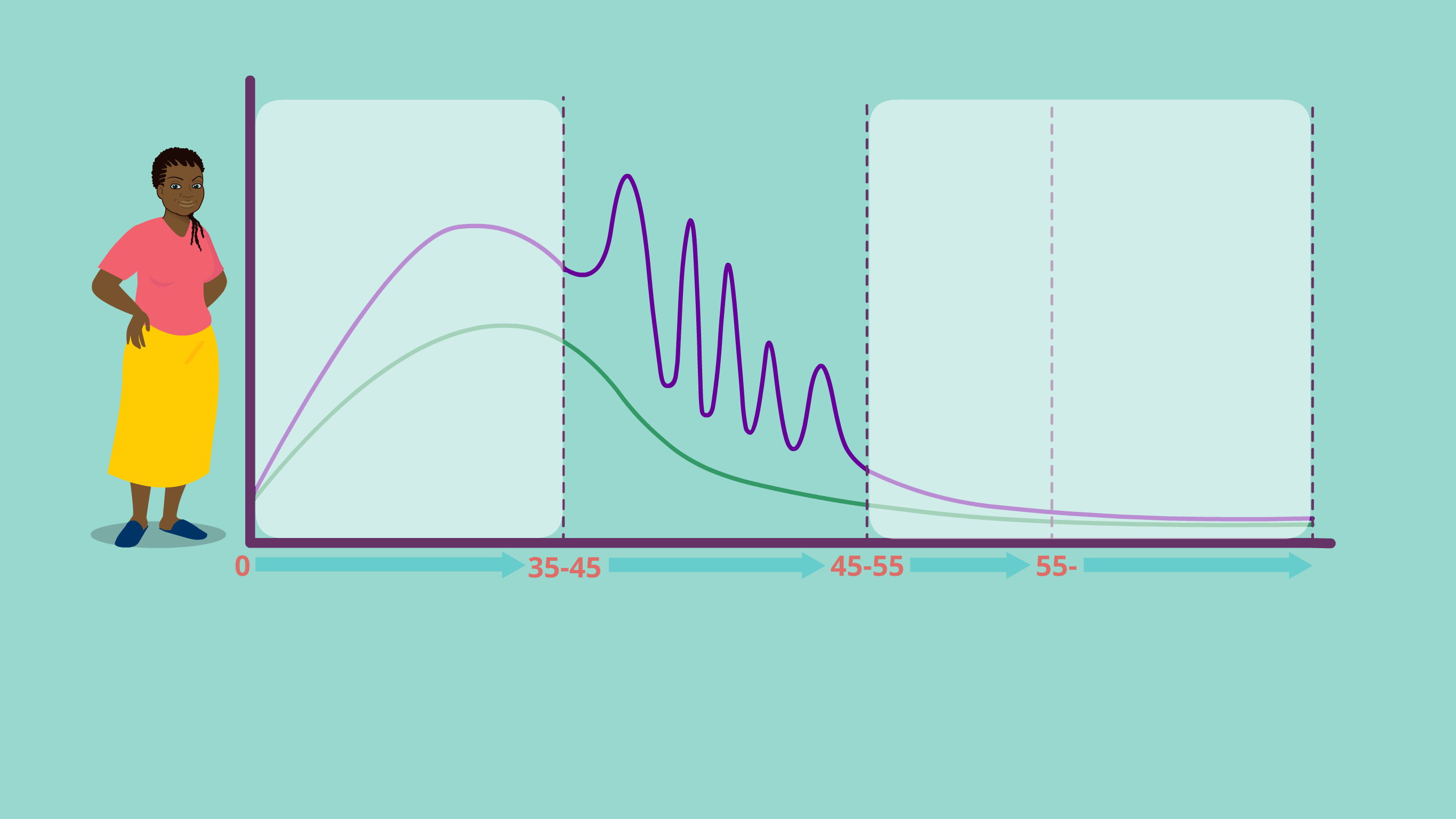

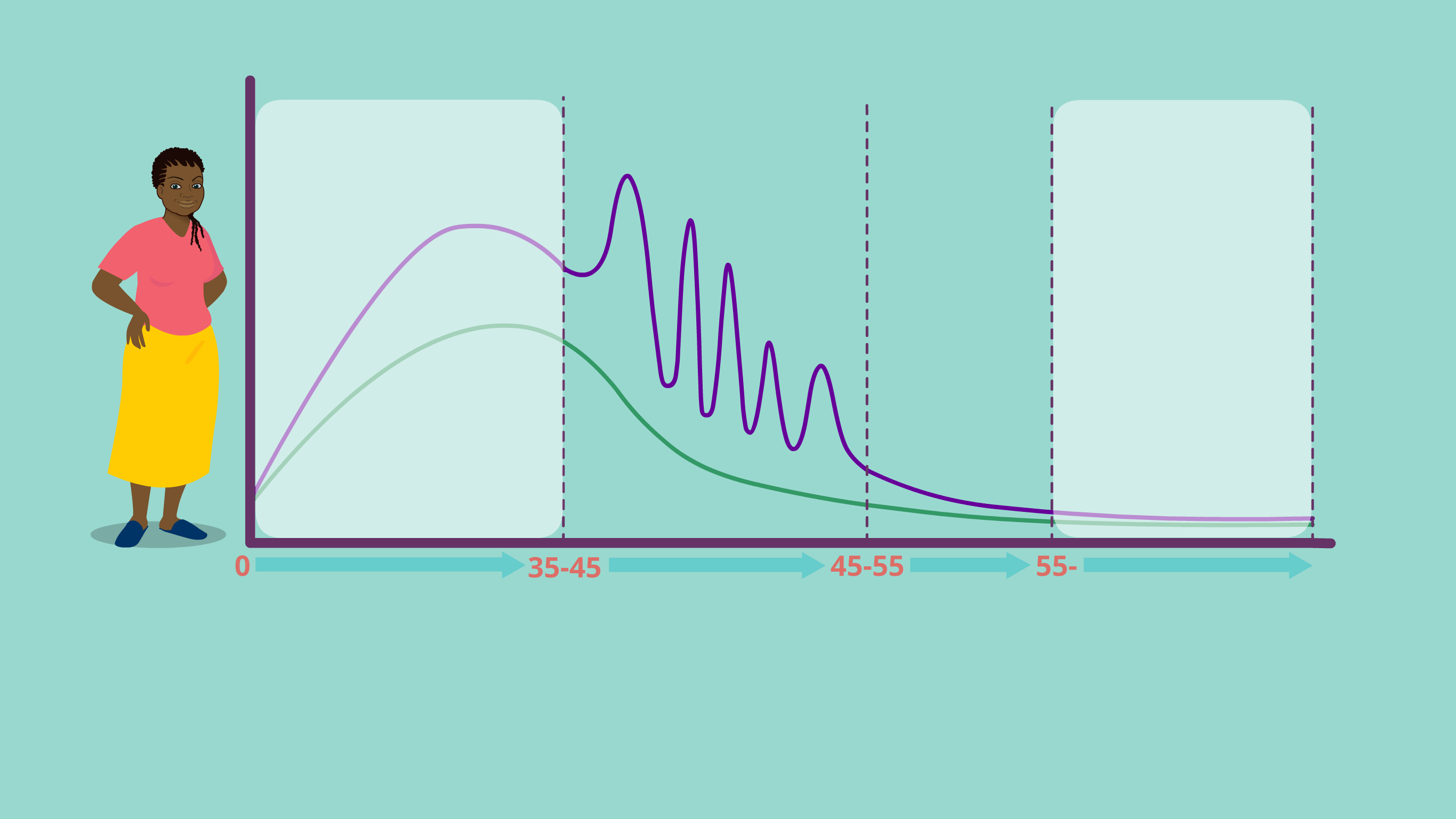

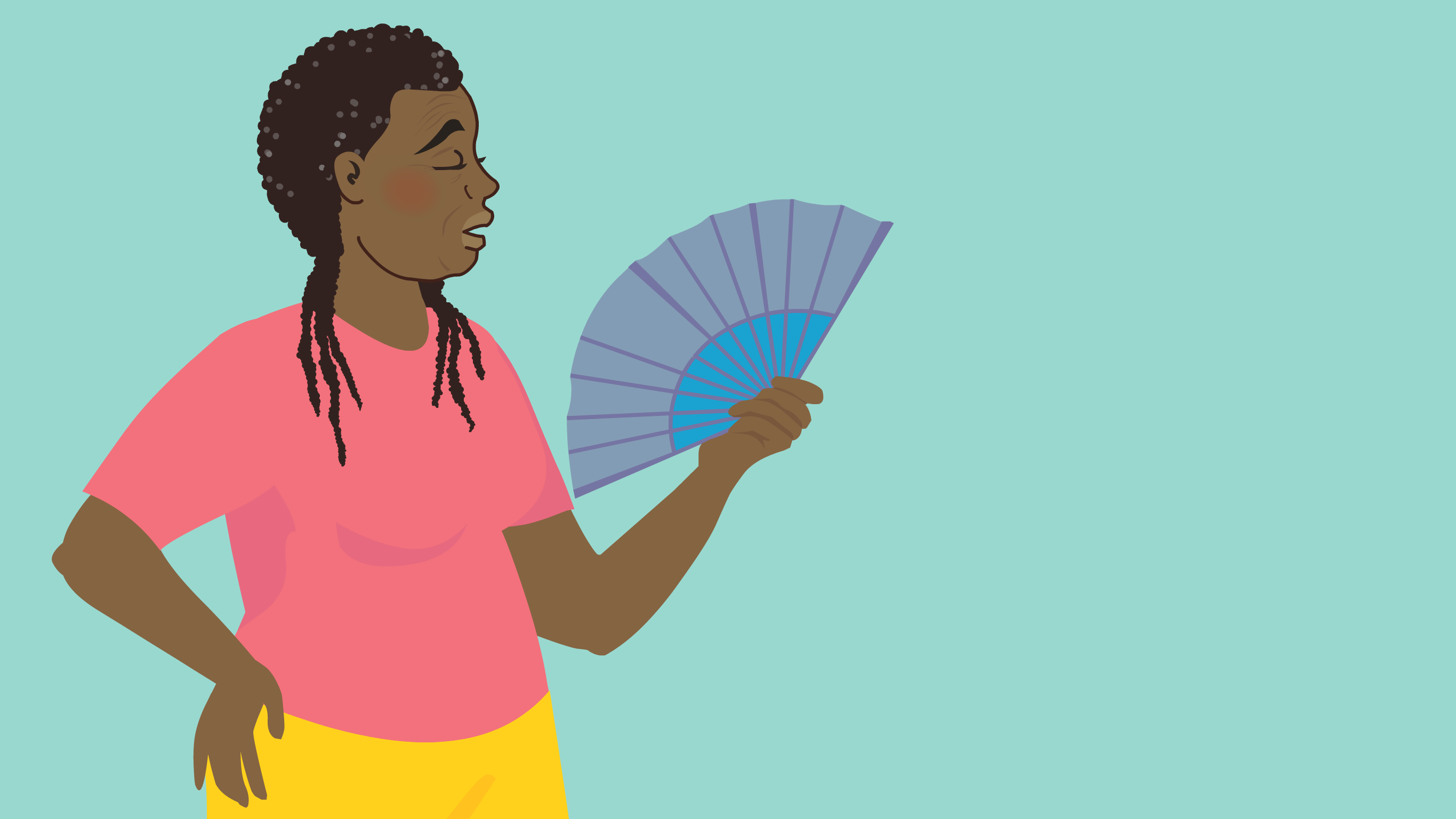

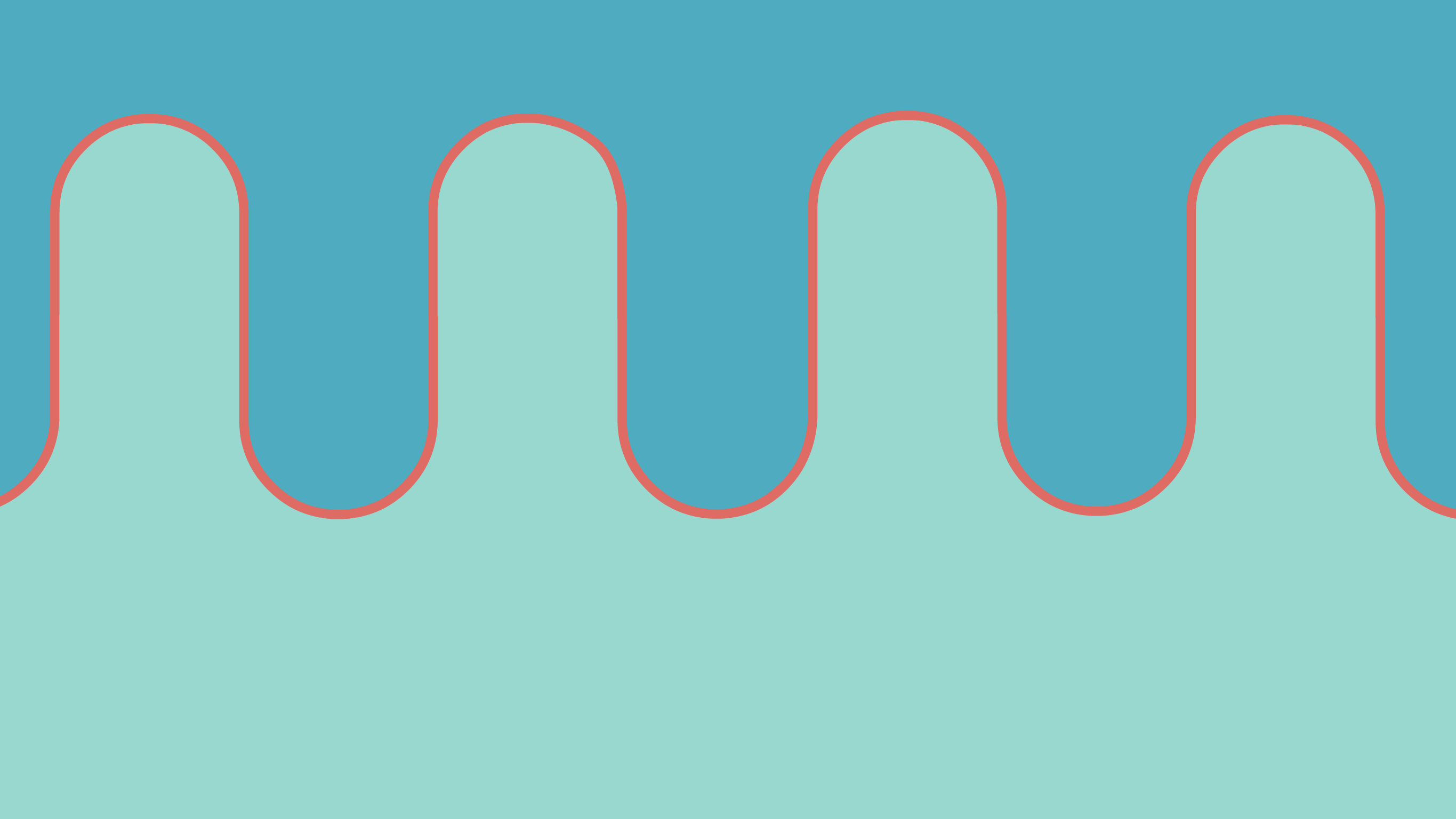









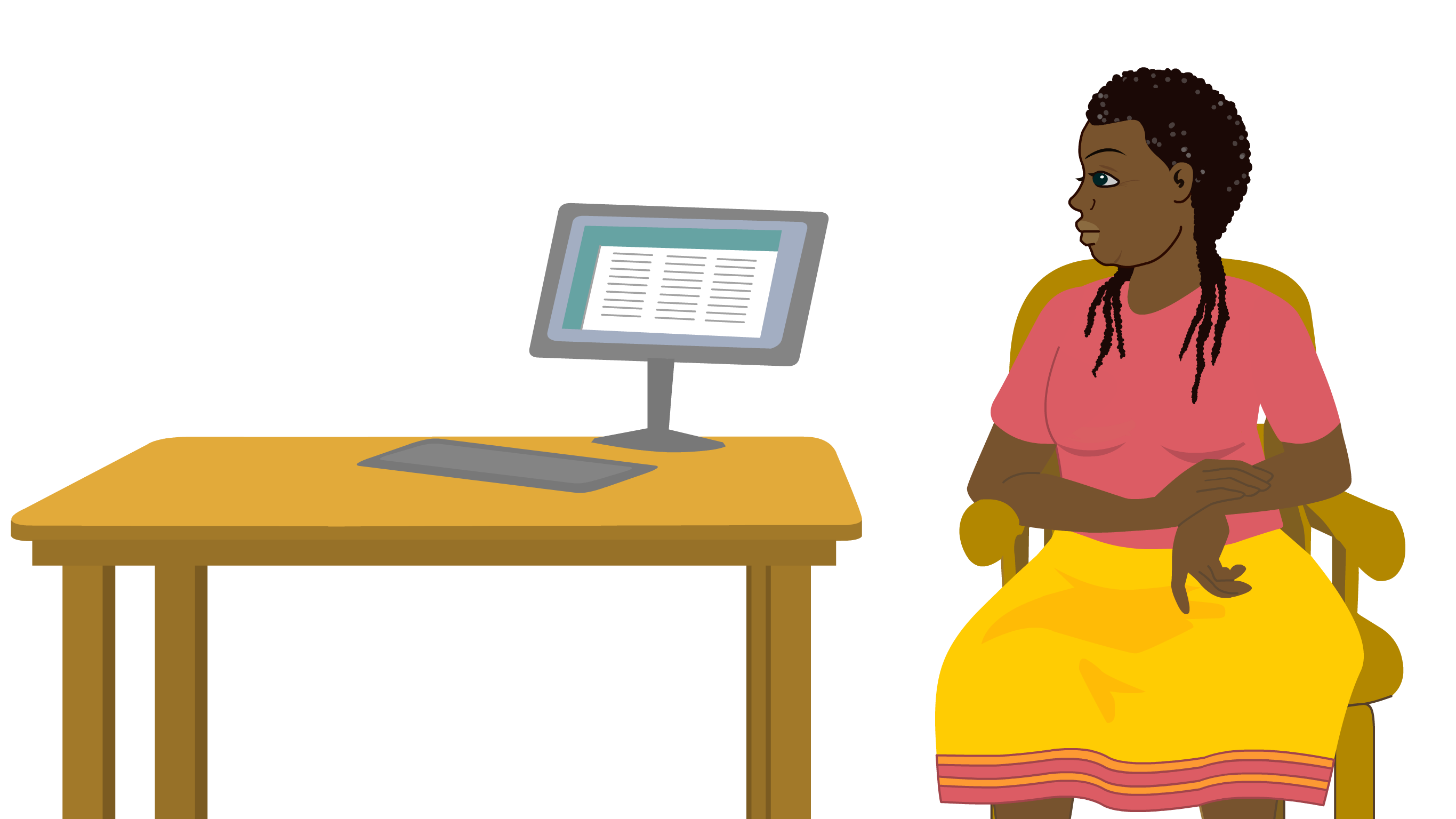
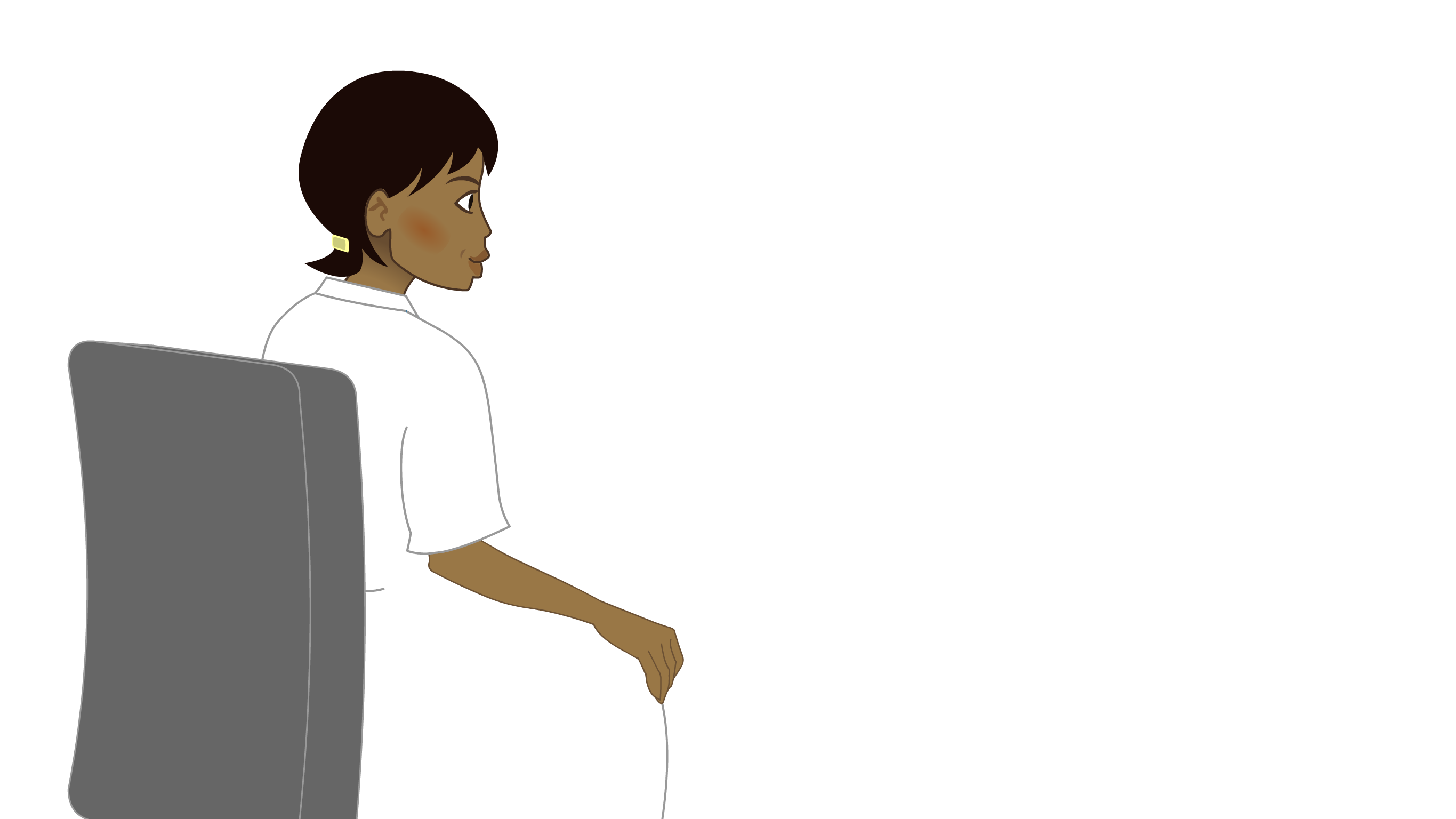


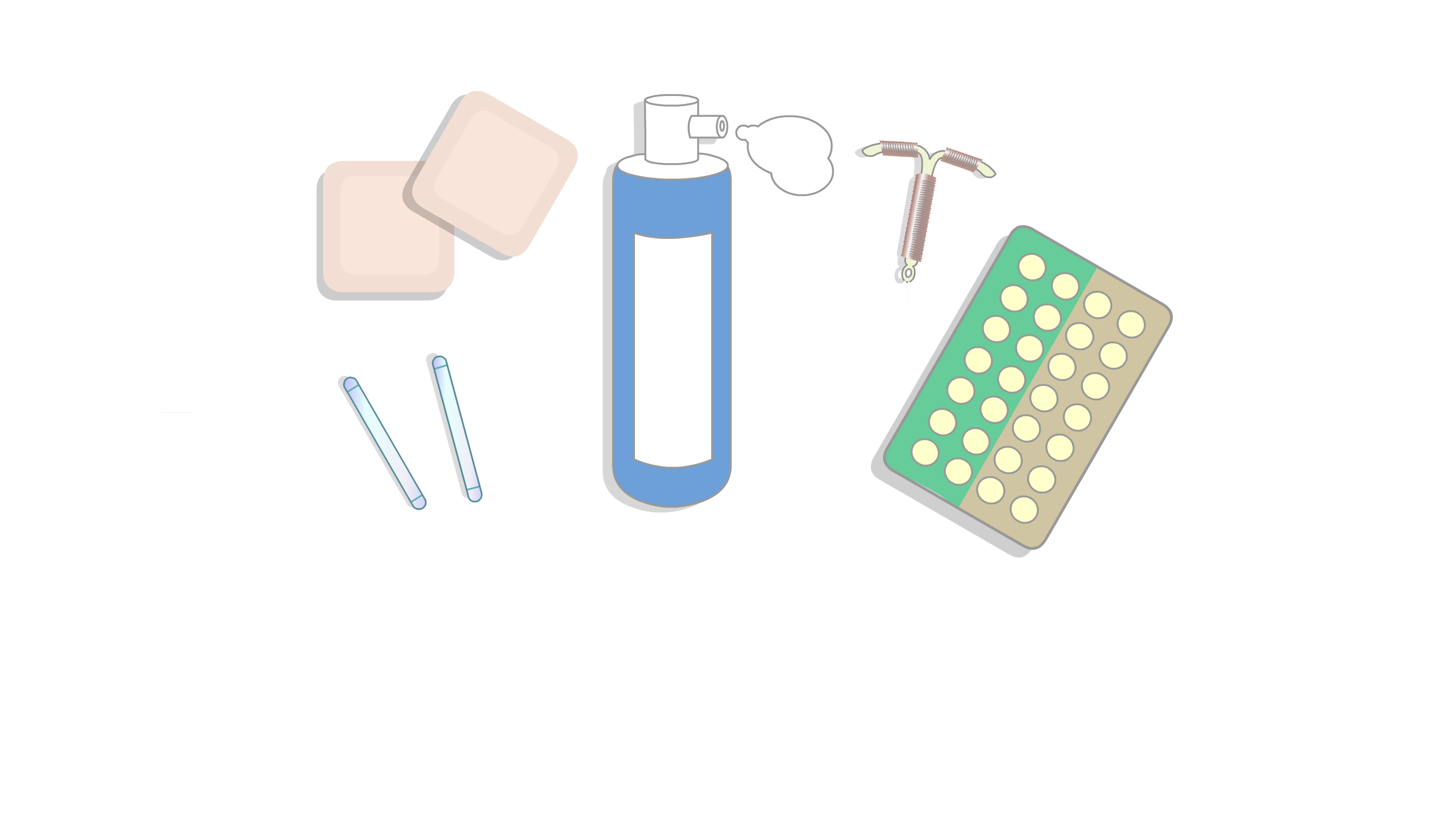


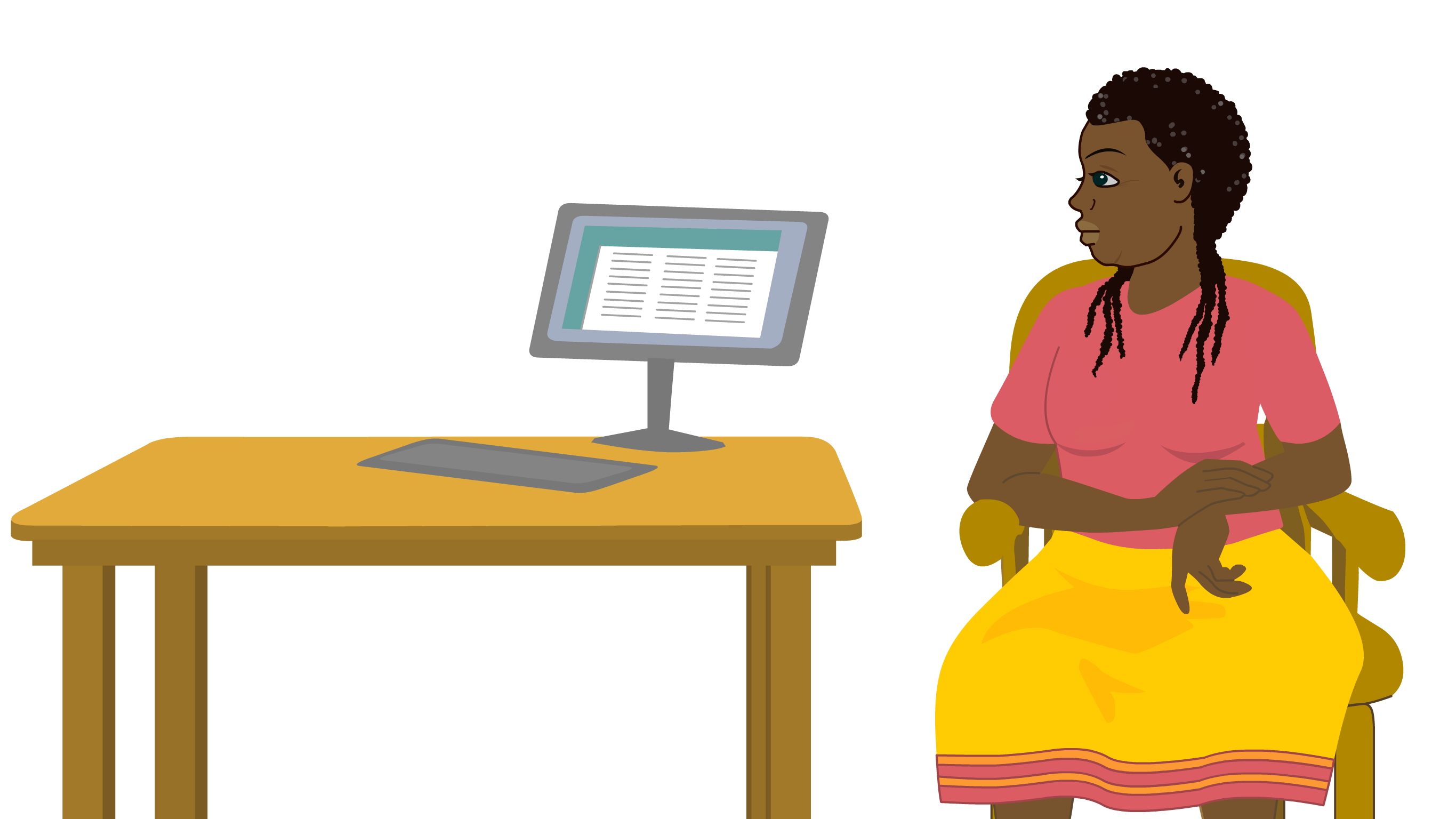
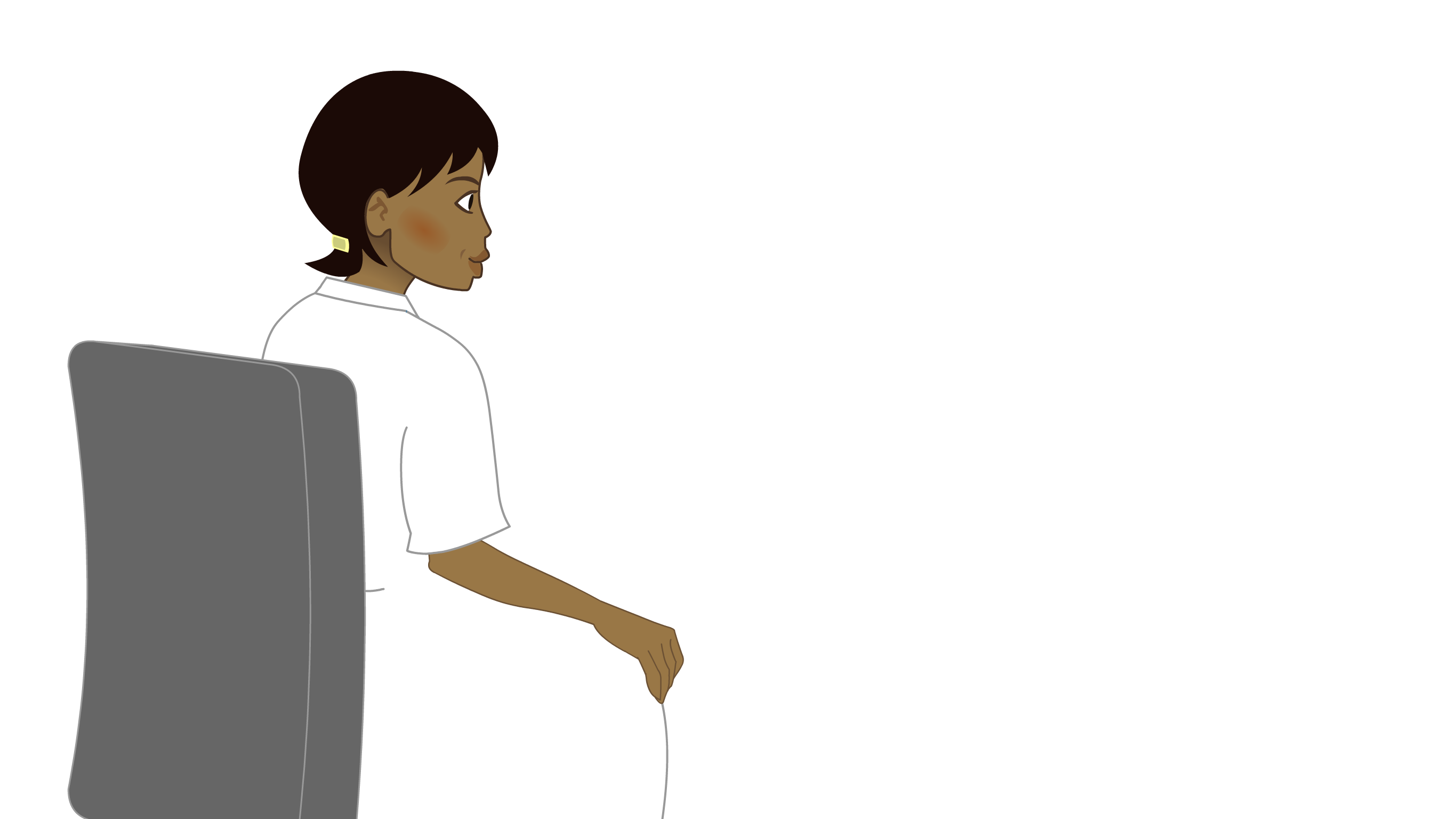


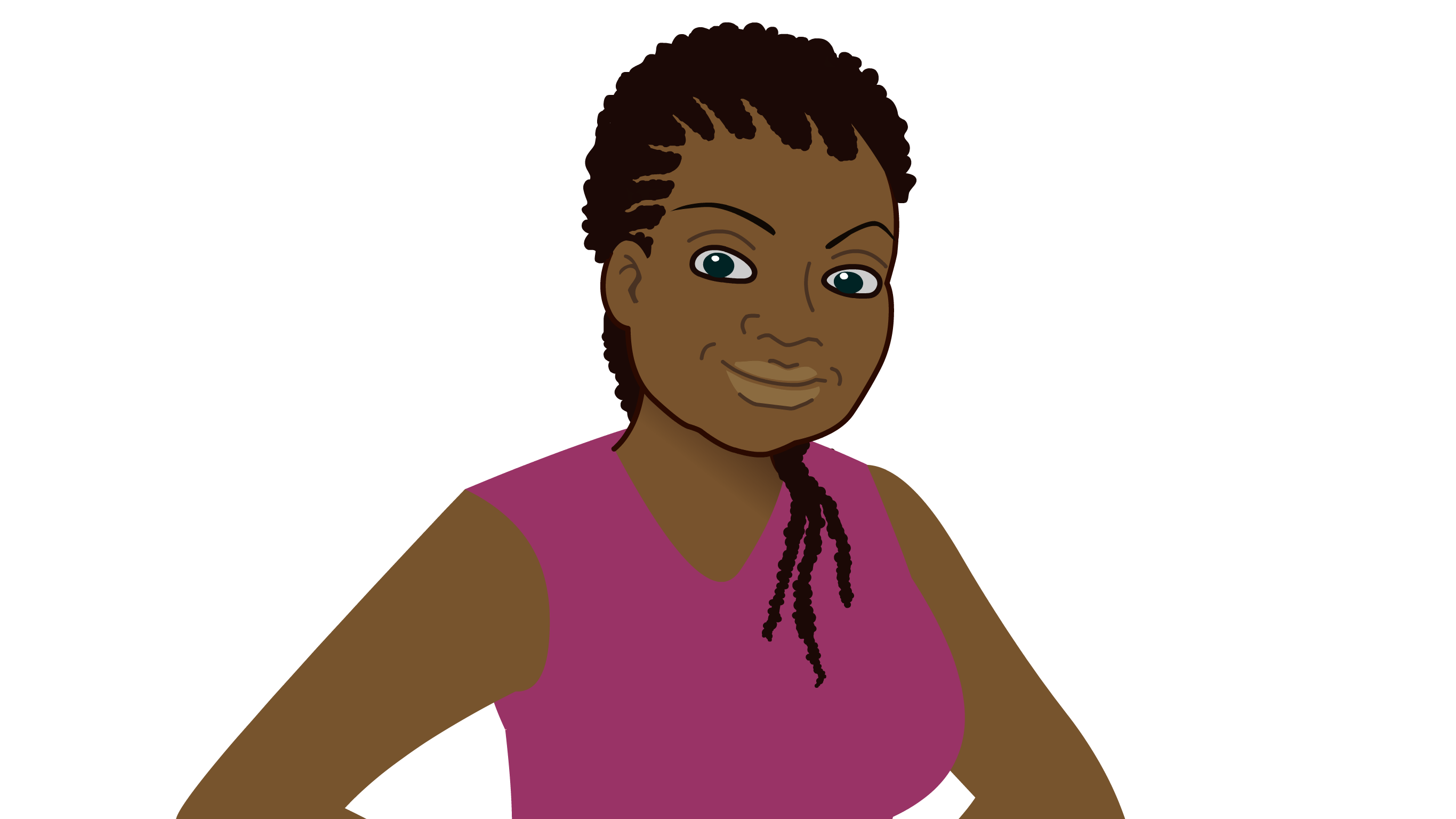


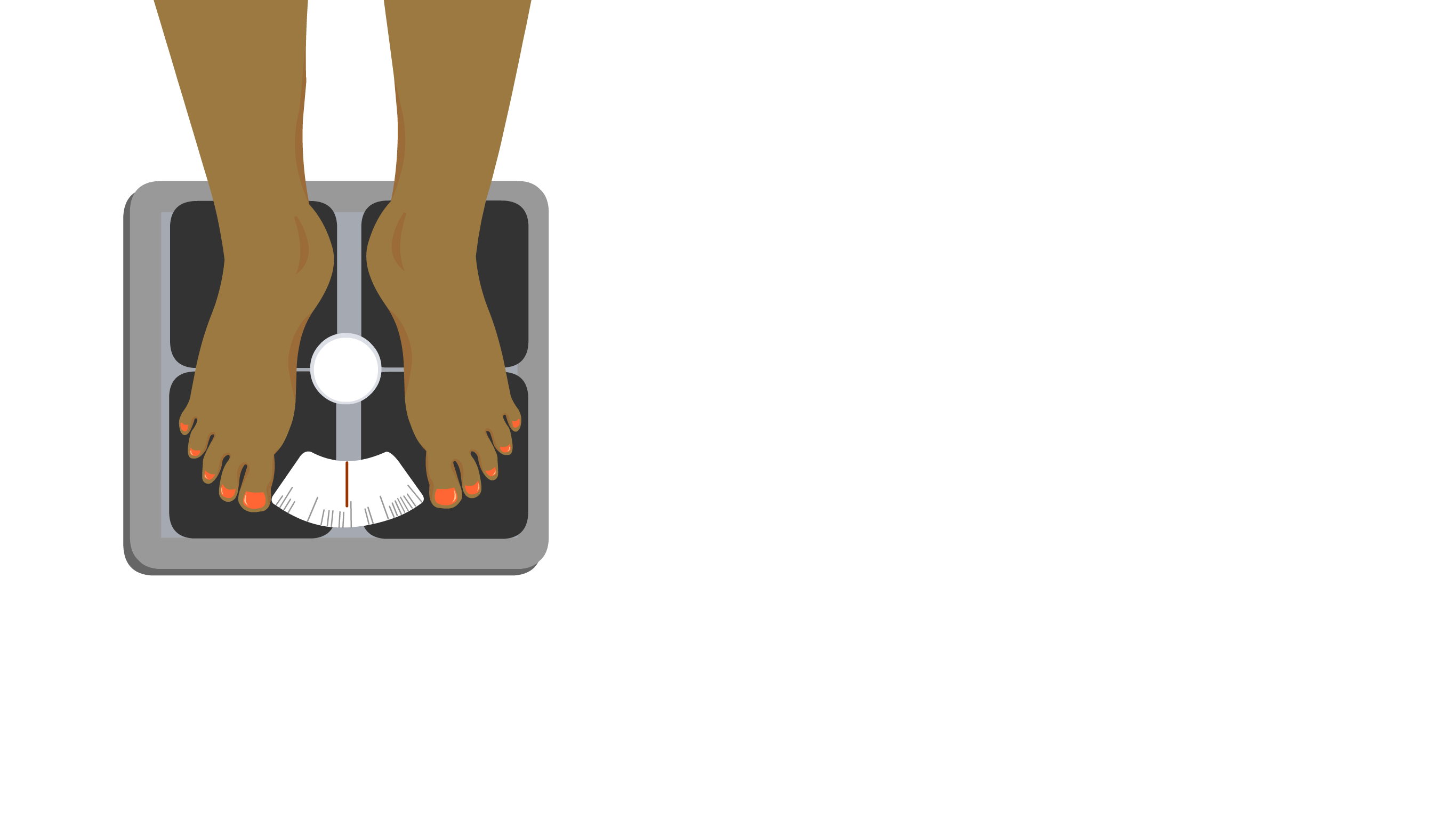








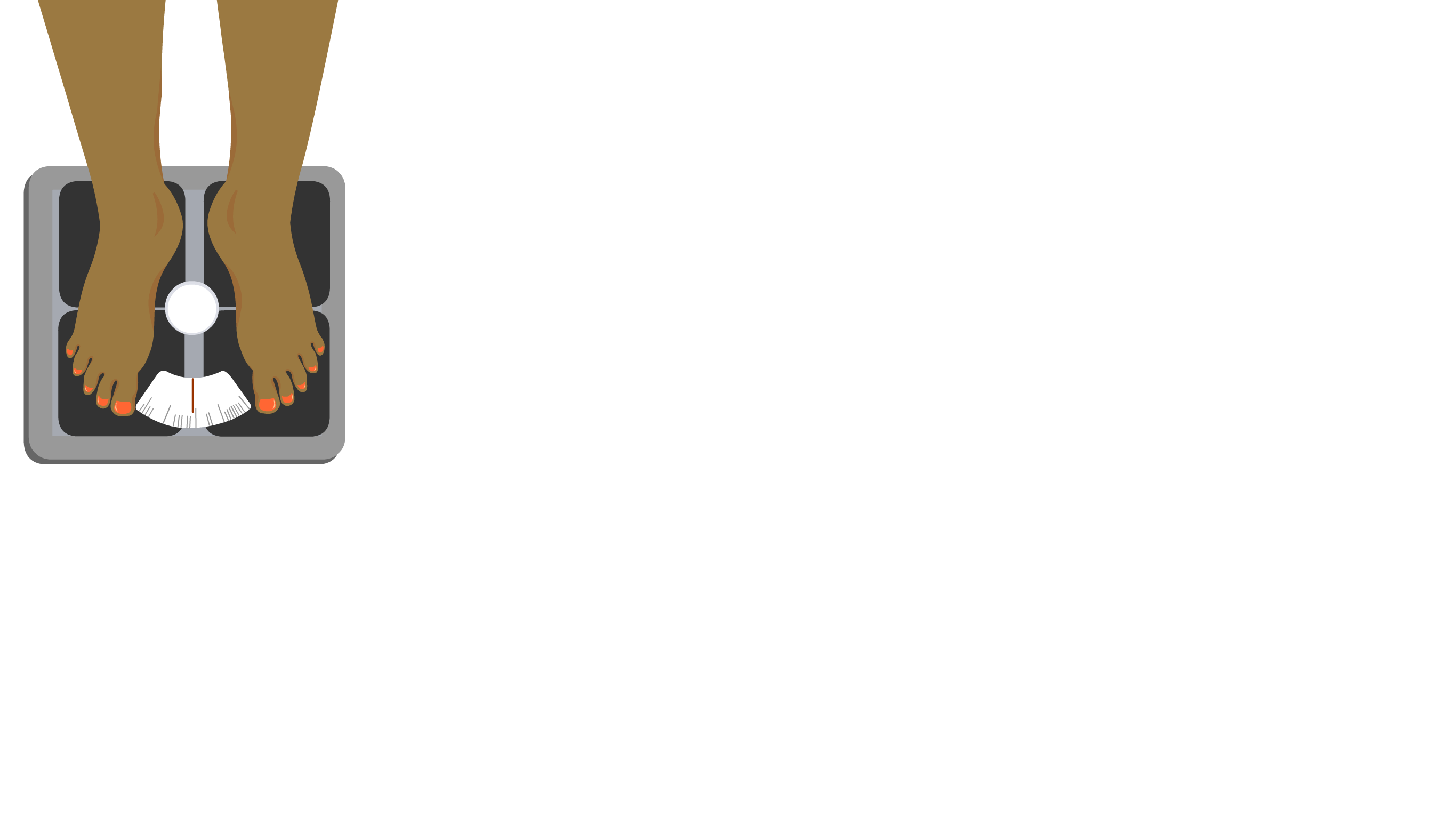
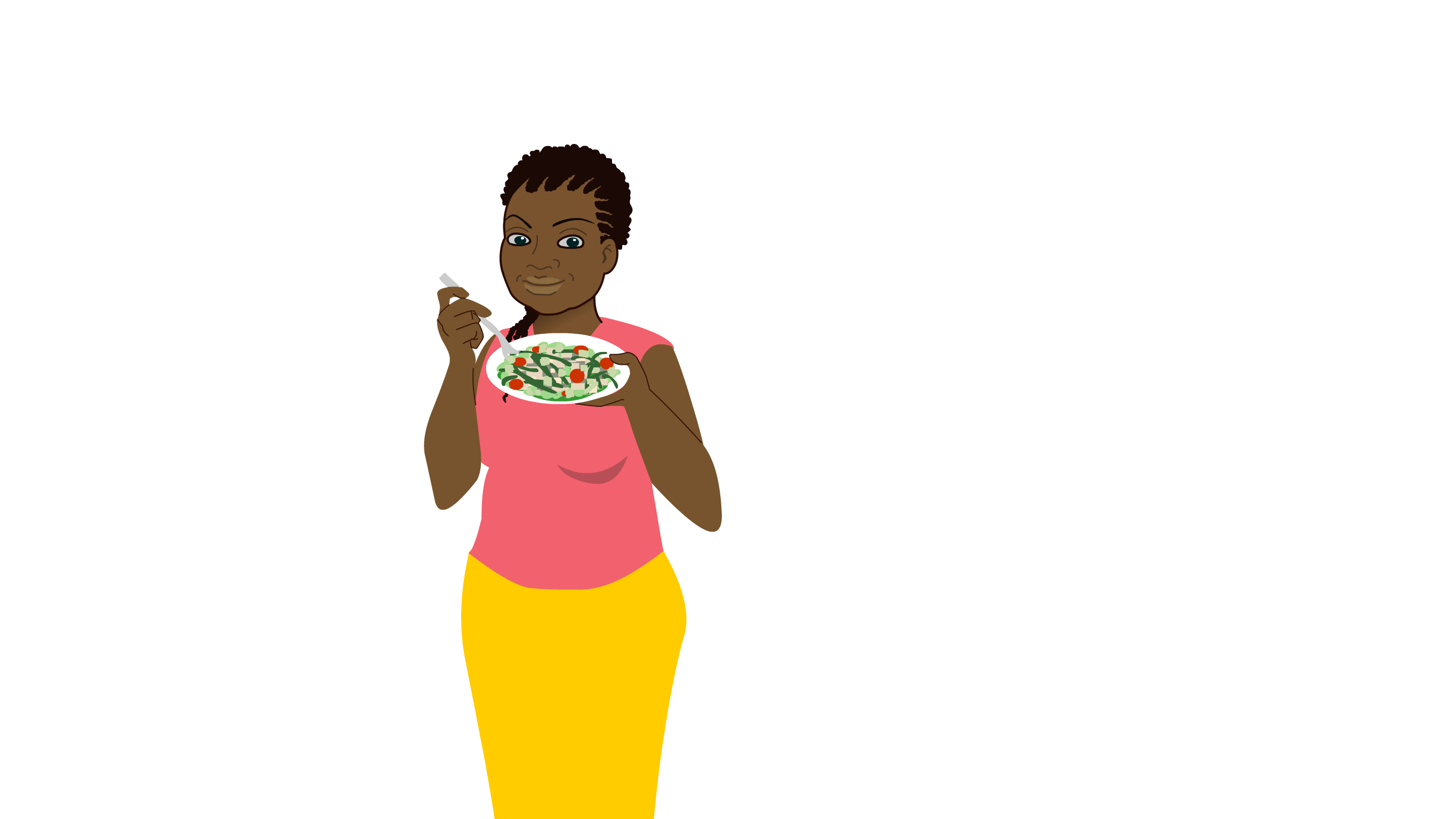
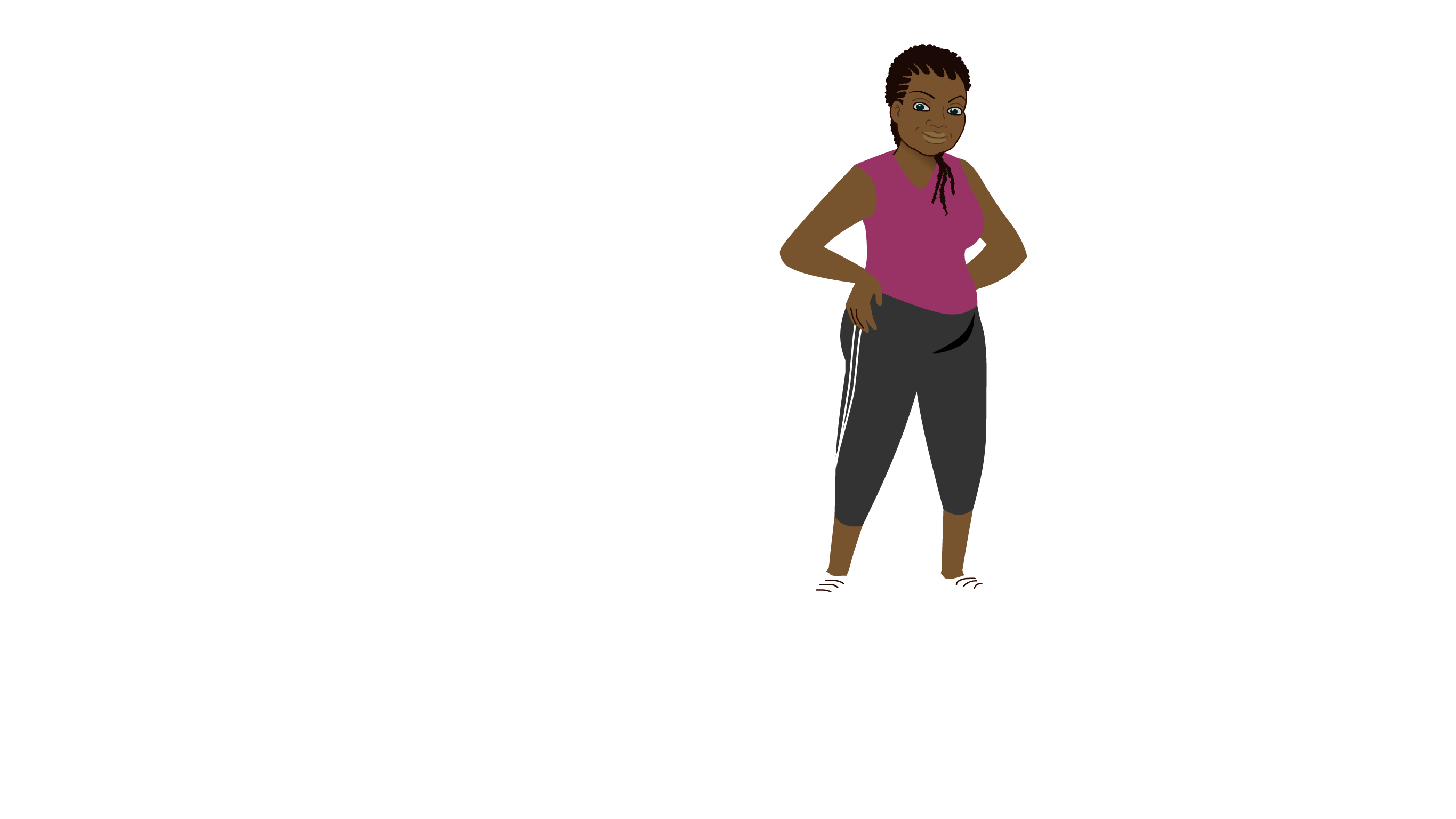



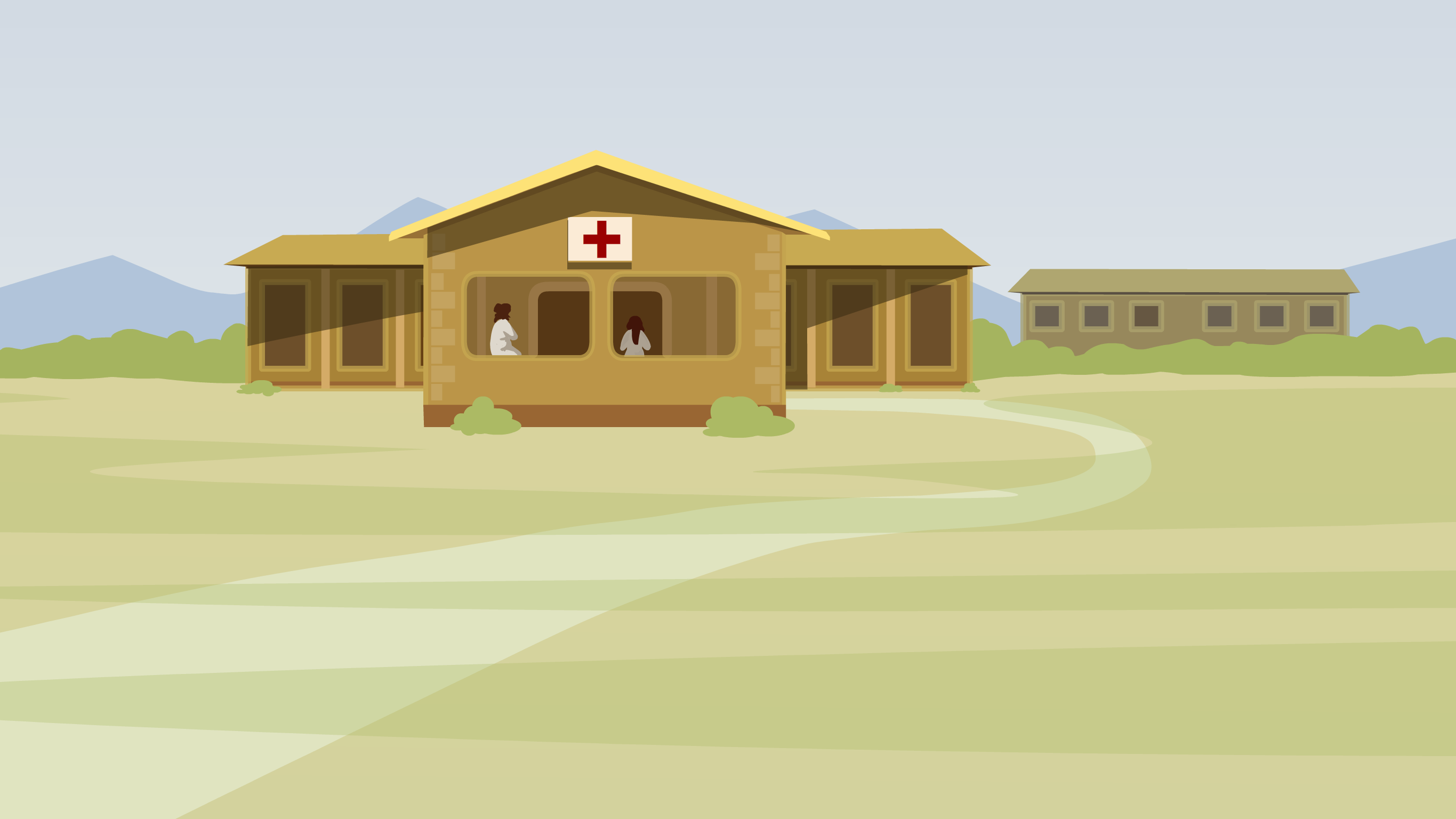


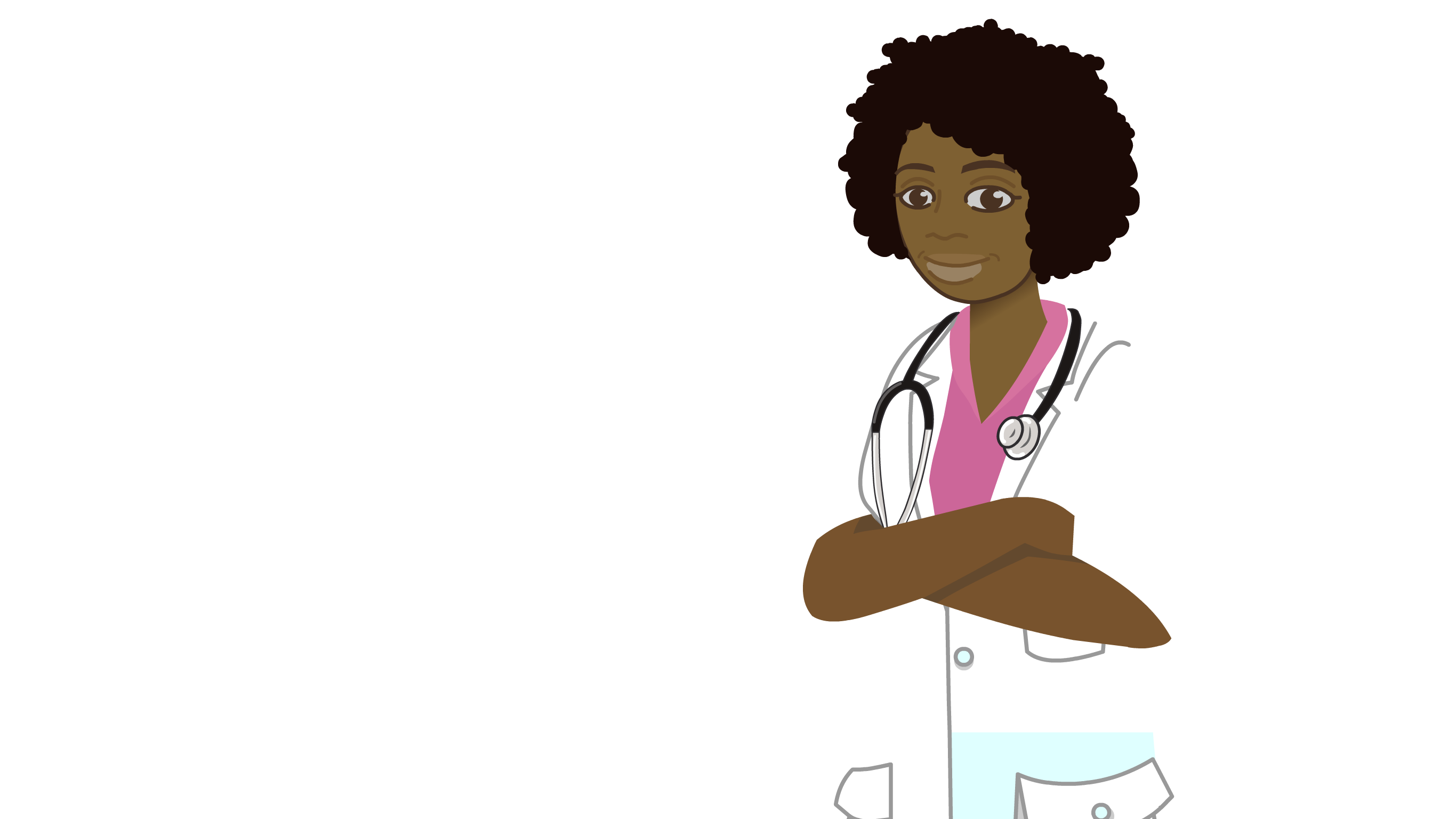

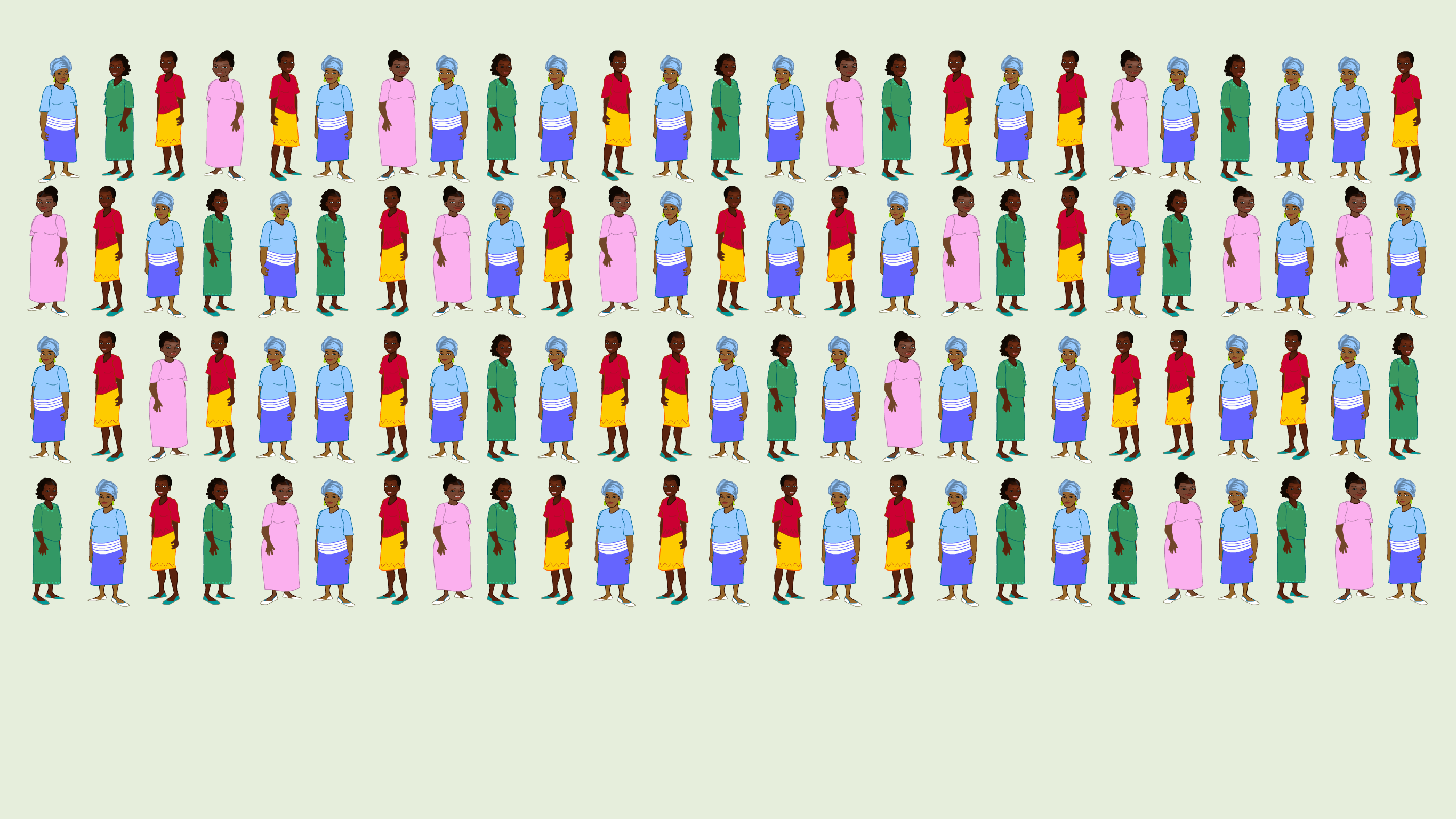

The author of this MENOPAUSE program is:
- Dr Dorcus Muchiri
The George Institute for Global Health, Imperial College London NHS Hospitals Trust, UK; and Bonita Centre for Women's Health, Nairobi, Kenya
The Welfare of Women program has been created under the General Editorship of Dr Kate Lightly, University of Liverpool, UK and is overseen by an expert International Editorial Board
The cost of producing this resource has been partly funded by an educational grant from GSK
Thank you for watching this Welfare of Women video. We would welcome your views and feedback. Please complete this short questionnaire.
What is menopause?
Menopause is a normal part of the life cycle of women. Specifically, it is when a woman's periods have stopped for over 1 year and she can no longer get pregnant.
The years leading up to menopause are called the perimenopause or menopausal transition. This usually happens between the ages of 45 and 55. The exact timing of menopause can be affected by lots of different factors. The perimenopause typically lasts for years.
Menstrual periods often change and become more irregular. You will only know that you have gone through the menopause when your periods have stopped for 12 months.
Why does the menopause happen?
Before the menopause, changes in hormones cause periods or monthly bleeds.
During the perimenopause, the levels of two hormones, called estrogen and progesterone, vary a lot. For many women this causes the symptoms of menopause.
Only when your periods have stopped for 12 months, will you know that your body has gone through the menopause and the hormone levels are low.
What are the symptoms?
The symptoms of menopause are different for different women. Some women have no symptoms at all, whereas, for other women, the symptoms are very severe and stop them from living their normal lives.
The most obvious sign is not having a period for over a year. However, because the estrogen hormone level drops, many women experience symptoms from this.
Hot flushes are the most common symptom – these affect nearly 80% of women. Other symptoms are: mood swings, anxiety, tiredness, difficulty in sleeping, depression, low mood, low interest in sex, aches and pains, dryness of the vagina, frequent urinary tract infections, hair and skin changes.

What should I do if I have these symptoms?
You should not be shy or afraid to see a doctor. The doctor will talk to you and ask you some questions about your symptoms. If you are younger they may do some tests to check if you are nearing or have reached the menopause.
Menopause happens to all women if they live long enough. Not all women feel unwell but some women have symptoms that can be very severe.
Sometimes women need treatment to help with the symptoms of menopause. This is usually for months to years, until the body is used to a lower level of hormones.
A doctor needs to assess you and advise you on the best treatment options for you.
What treatments can help?
Some of the treatments are hormones and they come in different forms. Methods include patches, implants, gels or tablets. You and your doctor can decide together what would work best for you.
Not everyone will need hormone replacement therapy and not everyone can have hormones as part of their treatment. There are many other medications, therapies and supplements which can be helpful too. Doctors will assess what is right for you.
You will need regular check-ups with your healthcare worker if you are started on treatment for menopause.

Why is it important for me to know this?
Women are living longer globally due to better healthcare and living nearly 7 years longer than men.
Estrogen protects women from many long-term health problems. The most important is the protection for your heart, blood vessels and your bones. Menopausal women are at higher risk of having fractures from their thinning bones, a condition called osteoporosis.
What else can I do to help improve menopausal symptoms?
For all women, having a healthy lifestyle can help to stop or improve menopausal symptoms. This includes having a healthy weight (not too high or too low), a healthy balanced diet, regular exercise (usually five times each week), not smoking or drinking too much alcohol. Your overall health and wellbeing are really important.

What if my menopause happens early?
If your periods stop before the age of 40, you should see your healthcare worker to discuss this and see if tests are needed. Usually, they will recommend starting hormones, to protect your heart and bones.
Menopause matters
If you are having any symptoms that are affecting your life or that you are worried about, please speak to your healthcare worker.
Menopause is not talked about as often as it should be. Often women can feel embarrassed or ashamed but, remember, menopause is normal and all women go through it in their lifetime. Talking about menopause is important.

The author of this MENOPAUSE program is:
- Dr Dorcus Muchiri, The George Institute for Global Health, Imperial College London NHS Hospitals Trust, UK; and Bonita Centre for Women's Health, Nairobi, Kenya
The Welfare of Women program has been created under the General Editorship of Dr Kate Lightly, University of Liverpool, UK and is overseen by an expert International Editorial Board
The publishing reference for this program is: DOI 10.3843/GLOWM.w10070
The Welfare of Women information program is an attempt to provide women everywhere with access to reliable information about key health issues that may be relevant to them. Information is offered at three separate levels which women may select according to their preferences; firstly, short video animations with voice commentary, secondly, more detailed text-based descriptions, and thirdly, links to recommended further reading. With the animated videos, women can also select the images that they feel most comfortable in viewing from a short range of very generalized and non-specific ethnicity options. Because of the special programming used, both the videos and the text information can – when authorized – be translated into any language in a simple and rapid manner.
Recommended links for more comprehensive and detailed reading
The following websites provide more comprehensive and extensive information on this topic, which is both reliable and strongly recommended for readers who want to learn more than the details provided above:
International Menopause Society information for women
https://www.imsociety.org/for-women/
Womens Health Concern organisation
https://www.womens-health-concern.org/
World Heath Organization
https://www.who.int/news-room/fact-sheets/detail/menopause
Nice Guidance on Menopause diagnosis and Management
https://www.nice.org.uk/guidance/NG23
The Swan Study
https://www.verywellhealth.com/can-you-prepare-for-menopause-7255538
The Womens Health Intiative
https://www.nhlbi.nih.gov/science/womens-health-initiative-whi
Resources the author(s) used in preparing this guidance
World Heath Organization
https://www.who.int/news-room/fact-sheets/detail/menopause
International Menopause Society
https://www.imsociety.org/statements/ims-recommendations/
The Womens Health Initiative
https://www.nhlbi.nih.gov/science/womens-health-initiative-whi
Womens Health Concerns
https://www.womens-health-concern.org/
Nice guidelines on menopause
https://www.nice.org.uk/guidance/NG23
The Swan Study
https://www.verywellhealth.com/can-you-prepare-for-menopause-7255538
The National Institute of Aging
https://www.youtube.com/watch?v=af-356SbCkY

